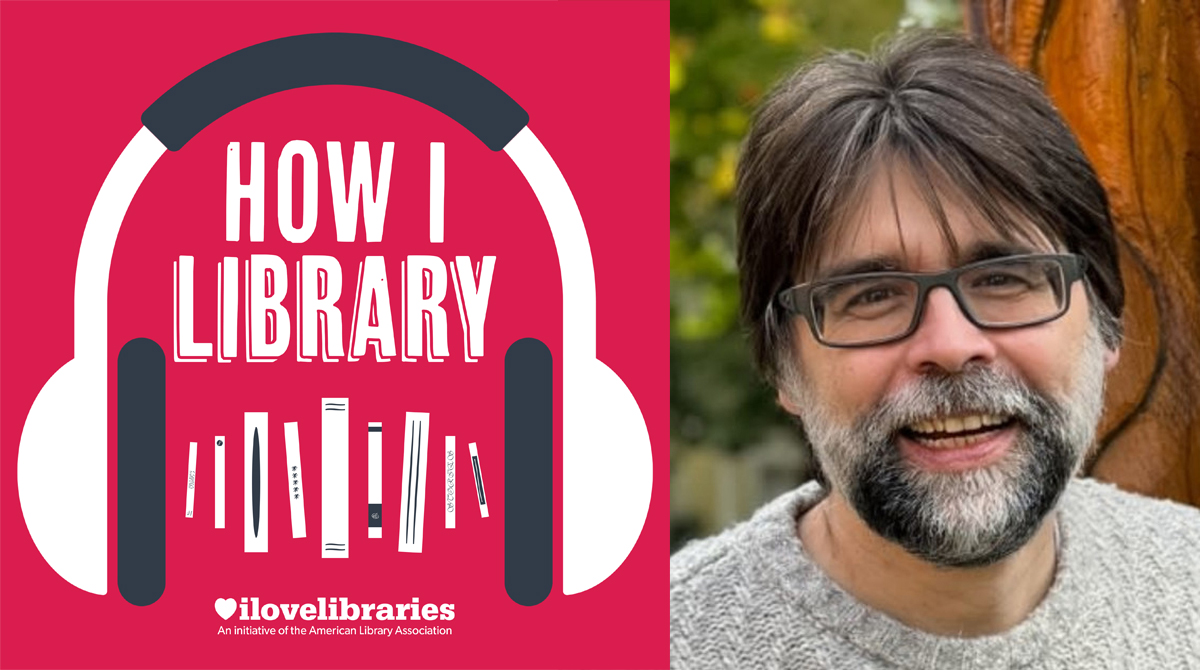Libraries and schools across the country are experiencing unprecedented levels of attempts to ban or remove books from their shelves. I Love Libraries will continue to raise awareness by highlighting attempts to censor library materials, as well as efforts by librarians, parents, students, and concerned citizens to push back against them. This report includes news from Utah, which recently banned 13 books from school libraries across the state.
Utah bans 13 books in public schools statewide
On August 2, the state of Utah has banned at least 13 books from every public school library, including works by Sarah J. Maas, Judy Blume, Rupi Kaur, Margaret Atwood, and other authors, in accordance with H.B. 29, reports ABC News.
H.B. 29, signed by Governor Spencer Cox in March, requires all schools to remove a book if school officials from at least three school districts or at least two school districts and five charter schools have determined that a book constitutes “objective sensitive material.” The Utah State Board of Education put together a list of titles that have met the statewide threshold for removal based on a newly enforced law.
This first set of removed material includes “Forever” by Judy Blume, a coming-of-age book that touches on sexuality; “Oryx and Crake” by Margaret Atwood, a post-apocalyptic novel, and “Milk and Honey” by Rupi Kaur, a poetry book about “violence, abuse, love, loss, and femininity.”
Advocacy groups fear this is just the start of statewide book purges.
“Unlike some legislators who are out to make political hay and use national culture war issues to divide us, Utahns understand that great American authors like Judy Blume, Sherman Alexie, and Toni Morrison are not pornographers, and no one should be criminally charged for selling, giving, or lending a book to a high school student,” Let Utah Read said in a statement, referencing other authors who have faced bans in schools across the country.
Library association reactions to Utah book ban: “It’s a tragedy”
Library associations, free speech groups, and advocates are expressing outrage and concern after the state of Utah ordered 13 books to be removed from public school classrooms and libraries in accordance with a new state law that passed earlier this year, reports The Guardian.
“It’s a tragedy,” said Deborah Caldwell-Stone, the director of the American Library Association’s Office for Intellectual Freedom.
“Many of those works are highly praised, some award-winning works of literature, others are books that many read for enjoyment, and none of them come anywhere near to meeting the definition of illegal materials and arguably they have a place on the shelf for voluntary reading for students for whom they’re developmentally appropriate.”
“It really is an effort to allow a minority to dictate the contents of library shelves, and conform what’s on library shelves to their own political, religious and moral values,” Caldwell-Stone noted, adding that the Utah law differs from similar measures across the county because it is the only one that mandates the removal of books from every public school in the state. Most other bans have been a local issue.
Caldwell-Stone believes that the law will be used in an “expansive fashion”.
“It will create a chilling effect,” she said, before noting that a vocal minority will now be able to control the curriculum and access to books for every student in the state.
Their definition of “sensitive materials” can often encompass things like gender identity, sexual orientation, race and racism, which has been seen at the local level, Caldwell-Stone said. She also notes that this could deny students access to reading about these topics, the opportunity to develop critical thinking skills, and to learn about the lives and experiences of others, among other things.
Peter Bromberg, co-chair of the advocacy committee of the Utah Library Association, has concerns on how many of the banned books deal in some way or another with the themes of sexual assault, particularly as sexual assault affects thousands of Utah residents, including many young girls, a year.
“These books can help teens understand that they’re not alone,” he said. “It might give them the language and the ability to talk about what happened to a trusted adult.”
Bromberg is also concerned that this law is a criminal statute, calling it “very disturbing that this law now puts librarians and teachers and school board members in legal jeopardy just for having highly regarded and award-winning works of literature on high school library shelves.”
Margaret Atwood mocks Utah for banning her book in schools
Author Margaret Atwood is mocking Utah for banning her book “Oryx and Crake” in schools statewide.
Take action
Alarmed by the escalating attempts to censor books? Here are five steps you can take now to protect the freedom to read.
- Follow news and social media in your community and state to keep apprised of organizations working to censor library or school materials.
- Show up for library workers at school or library board meetings and speak as a library advocate and community stakeholder who supports a parent’s right to restrict reading materials for their own child but not for all
- Help provide a safety net for library professionals as they defend intellectual freedom in their communities by giving to the LeRoy C. Merritt Humanitarian Fund.
- Educate friends, neighbors, and family members about censorship and how it harms communities. Share information from Banned Books Week.
- Join the Unite Against Book Bans movement and visit our Fight Censorship page to learn what you can do to defend the freedom to read in your community.
Subscribe to the I Love Libraries newsletter! You’ll get monthly updates on library news, advocacy updates, book interviews, book info, and more!




